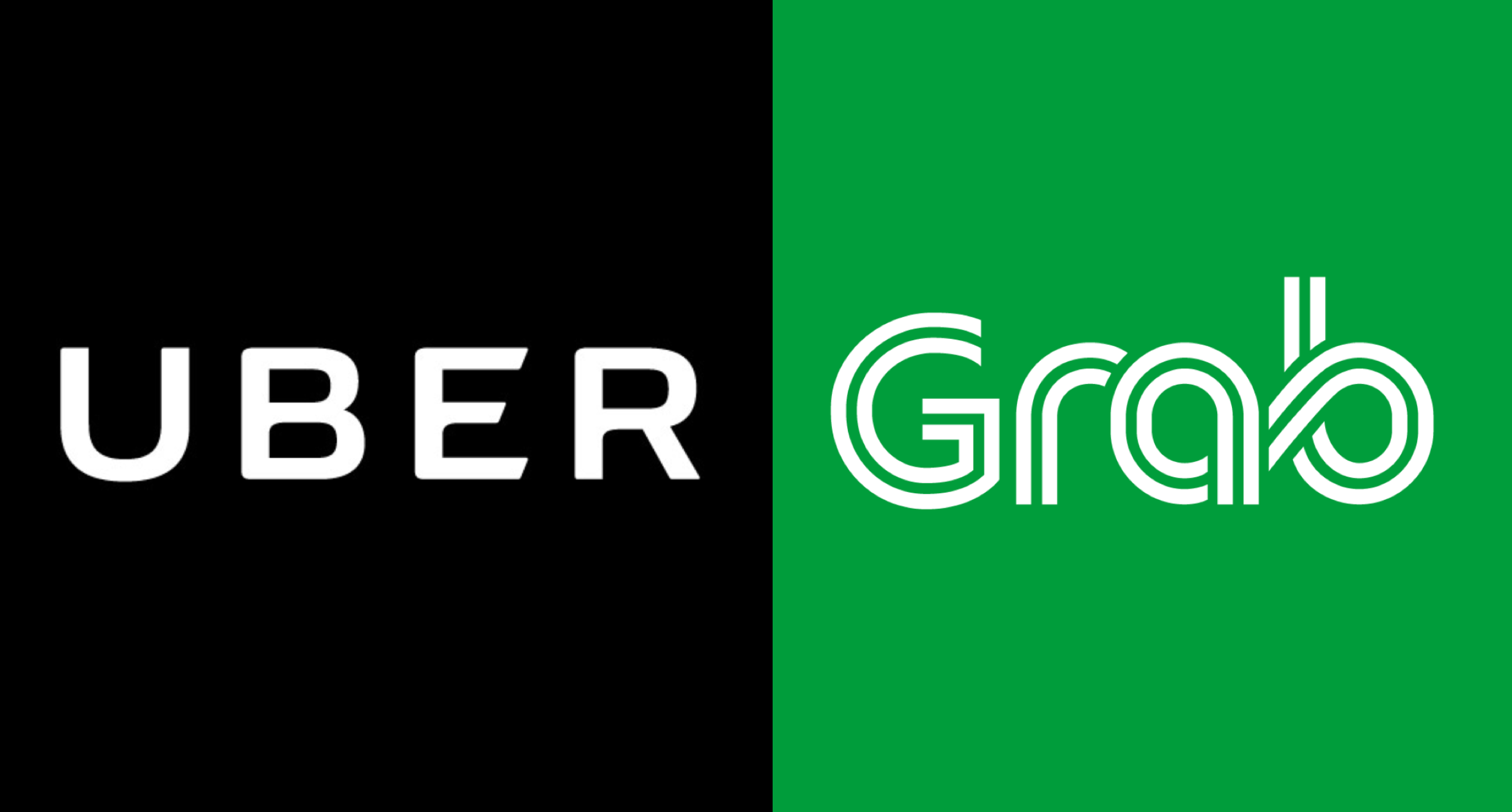Grab's merger with Uber in Singapore has incurred a huge fine - S$13,001,702 to be exact.
The Competition and Consumer Commission of Singapore (CCCS) announced this fine and other remedial directions in a press release on September 24 after nearly four months of investigation.
CCCS's investigation was launched on March 27 on the basis that the merger infringed the Competition Act.
It then imposed Interim Measures Directions on March 30 to ensure that drivers and consumers are not affected.
These measures included (and were still in force until the end of CCCS's investigations) ensuring that drivers were not locked into an exclusive obligation with Grab, and that Grab would ensure pre-merger pricing and product options for drivers and riders.
After having "carefully considered the written and oral representations from the Parties, feedback from industry players, stakeholders and the public, as well as all available information and evidence", the CCCS investigation yield the following results:
- Grab increased their effective fare price post merger via decrease in incentives/promotions and changes to reward scheme)
- Grab hampered new entrants by imposing exclusivity obligations on car rental companies, some drivers, and taxi companies.
Here is an infographic by CCCS explaining its investigation timeline and findings:
According to the release, CCCS sent letters to both Grab and Uber on March 9 to inform them of the investigation into the possibly anti-competitive merger.
However, both parties went ahead to complete the transaction on March 26, rendering it impossible to revert to the pre-merger status quo.
CCCS also found that both parties also implemented a mechanism to apportion competition law penalties.
These are some of the measures that have been imposed on Grab and Uber:
- Uber is fined S$6,582,055
- Grab is fined S$6,419,647
- Grab will remove all exclusivity arrangements with drivers and taxi fleets.
- Grab will not be able to buy any Lion City Rental vehicles without CCCS's approval.
- Grab must revert all product/service pricing to pre-merger levels
According to CCCS, this "final decision and directions open up the market and level the playing field".
Grab's response
In response, Grab maintains that the merger is legally permissible and did not "intentionally breach competition laws".
However, Lim Kell Jay, Head of Grab Singapore said that Grab is glad that CCCS did not require the transaction to be unwound.
Lim also said that Grab will "continue to adhere to [their] pre-transaction pricing model, pricing policies and driver commissions" and will submit weekly pricing data to CCCS for monitoring.
Here is Grab''s response in full:
We have been working with the Competition and Consumer Commission of Singapore (CCCS) during its review over the past few months. Today, we are glad that the CCCS has completed its investigations on the Grab-Uber transaction and did not require the transaction to be unwound. Grab completed the Transaction within its legal rights, and still maintains we did not intentionally or negligently breach competition laws.
Grab agrees that keeping the market open and contestable is best for consumers and drivers, and we will abide by the remedies set out by the CCCS. However, it is unfortunate that the CCCS is taking a very narrow market definition in arriving at its conclusion that the Transaction has led to a substantial lessening of competition. Commuters are free to choose between street-hail taxis and private hire cars, and it is a fact that private-hire car drivers’ incomes are directly impacted by intense competition with street-hail taxis.
We recognise that the CCCS's position on non-exclusivity arrangements is to set the right tone for the transport industry. Grab agrees with, and has long advocated for, industry-wide regulations that allow drivers to freely choose which platform or operator they wish to drive with. For drivers to have full maximum choice, all transport players, including taxi operators, should also be subjected to non- exclusivity conditions. We will continue our dialogue with the CCCS and the Land Transport Authority (LTA) to create a level playing field for all. In this respect, we welcome CCCS’s willingness to review the remedial measures as market conditions change. We also note that the LTA is reviewing the regulatory framework for the point-to-point transportation sector, which we hope will address non-exclusivity across the industry.
Grab is committed to fair pricing and has not raised fares since the Transaction. Grab will continue to adhere to our pre-transaction pricing model, pricing policies and driver commissions. We have been and will continue to submit weekly pricing data to the CCCS for monitoring.
Grab is making every effort to serve our customers better and we are adding more app features that will improve the user experience for customers and drivers. We want to contribute meaningfully to Singapore’s solutions to enhance urban liveability. For example, we are studying data and vehicle- sharing services to play our part to optimise Singapore’s overall transport network. As one of the biggest tech employers in the country, Grab is making significant contributions to Singapore’s economic development and we will continue to develop Singapore’s talent in product development and design, data science, artificial intelligence, machine learning, and engineering.
Grab is heartened to receive the support of governments across Southeast Asia to enable us to serve Southeast Asians better. The recent decisions by Philippine Competition Commission and CCCS in not pursuing the route of unwinding the Transaction demonstrate a deeper appreciation of Grab’s potential to serve the region.
For the full findings, analysis and measures, you can view the CCCS press release here.
[related_story]
Top image via Uber and Grab.
If you like what you read, follow us on Facebook, Instagram, Twitter and Telegram to get the latest updates.
